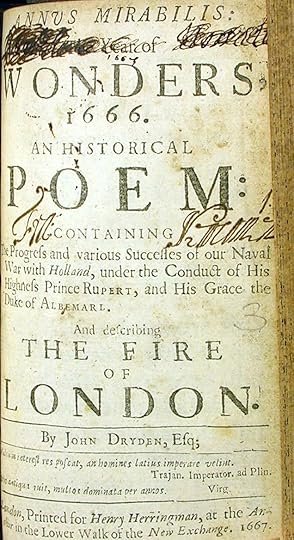Year of Wonders is a captivating historical novel set in a small English town located 100 miles outside of London in the year 1666. The town is hit by a plague that is brought by a London tailor staying with the narrator, Anna. The village's remoteness causes the villagers to initially fail to recognize the true nature of the disease. Once they understand the horrors of the plague, they are faced with a difficult decision: flee to save themselves or stay to prevent the disease from spreading further.
In the end, all the villagers except the only rich family in town decide to stay. As we follow the town through its year of isolation, we witness the transformation of Anna, who starts as a lowly maid. She becomes a strong woman upon whom the town depends for herbal remedies and also becomes the only midwife after a tragic incident.
When I first saw this book, I thought it would be an easy read due to its length. However, I was pleasantly surprised by how much I enjoyed it. The book is filled with a wealth of information and vivid scenes. Brooks is an excellent writer, using her words economically while still telling a great story. She also does a wonderful job of using old English without it being cumbersome.
I really liked seeing Anna grow as a person. One of my favorite parts was when she and Elinor went to the mine to save Merry's family's mine. I was impressed that Brooks made the women so independent in a 17th-century novel. Although there were some cringe-worthy moments in the book, they added to its authenticity.
Overall, I highly recommend this book. The only thing that disappointed me was the epilogue, which went against my expectations. But despite that, I still thoroughly enjoyed the novel and have already recommended it to many friends.













